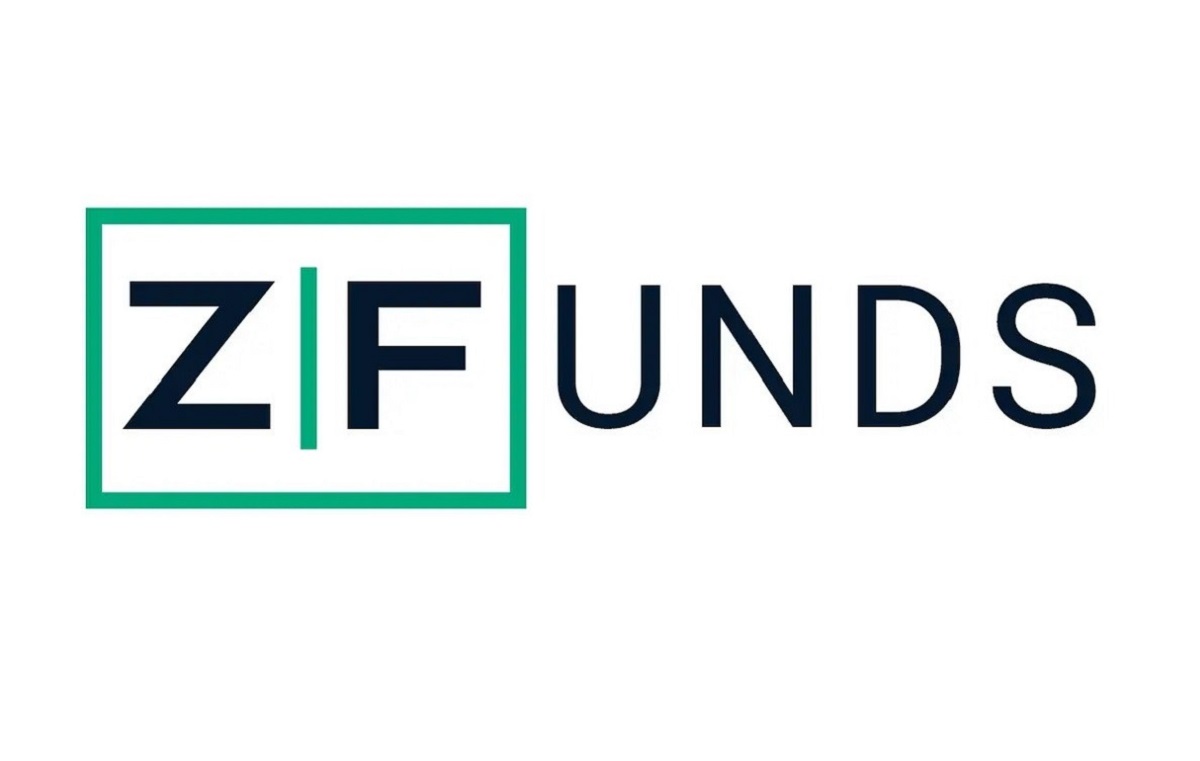Chennai, Southern Petrochemical Industries Corporation Ltd (SPIC) reported a standalone profit of Rs 13.09 crore for the January-March 2025 quarter, the company said on Friday.
The city-based agri-nutrient and fertilizer company had reported a standalone net loss of Rs 29.18 crore during the corresponding quarter of the previous fiscal.
For the financial year ended March 31, 2025, the standalone net profit rose to Rs 130.84 crore, up from Rs 87.91 crore recorded in the year-ago period.
Standalone total income rose to Rs 759.44 crore during the quarter under review, as against Rs 132.46 crore in the corresponding quarter last year.
For the full year ended March 31, 2025, total income grew to Rs 3,100.25 crore as against Rs 1,962.15 crore in the previous fiscal.
“Our performance in the last quarter and full year of FY25 has been strong in terms of both top line and profitability. This reflects disciplined execution, cost efficiency in raw material sourcing, especially the shift towards natural gas, and our focus on continued market leadership,” company chairman Ashwin Muthiah said in a statement.
“We will continue to drive growth and deliver long-term value while focusing on our ESG (environmental, social and governance) goals. I thank the government for its forward-looking policies and initiatives like ‘One India-One Fertilizer’, which are helping us meet the needs of Indian farmers through more scientific and sustainable products,” he said.
The board of directors in its meeting held on May 8 recommended a dividend of 20 percent (Rs 2 per share) on the equity capital of the company, higher than the 15 percent declared in the previous fiscal.
The fertilizer industry recorded its highest ever sales during the last fiscal, reaching 655.94 lakh tonnes, a growth of 9.2 percent over the previous year.
The sector also witnessed significant technological advancements. In line with the Government of India’s vision of a developed India, a nationwide campaign is underway to promote the use of nano fertilizers.
Looking ahead, fertilizer consumption is expected to grow by 23 percent due to better than normal monsoon.
“In addition to adequate reservoir levels, the increase in minimum support prices for key Kharif and Rabi crops will support the growth in fertilizer demand,” the company said.




